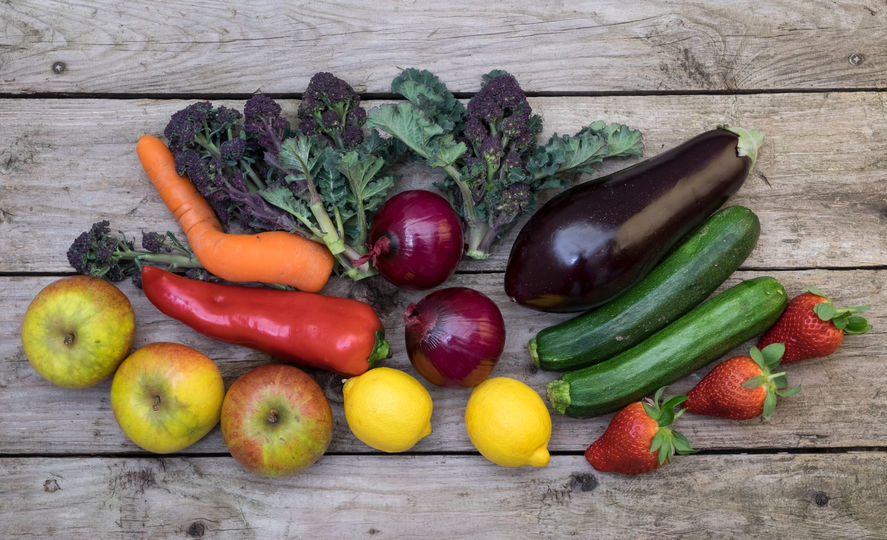
Supermarkets should relax rules they have on rejecting 'wonky' fruit and veg for sale in efforts to combat food waste, according to the Environment, Food and Rural Affairs (Efra) committee.
The committee said that the government should establish a national food waste reduction target to drive efforts to reduce food waste which is costing the average person in the UK £200 a year.
The report estimated that one-third of food produced globally is wasted, and in the UK £10bn worth of food is thrown away by households every year.
Chair of the committee, Neil Parish said it was a 'scandal' that people are going hungry and using food banks when so much produce is being wasted.
"The Government needs to step in and force other major supermarkets to be transparent about food waste. We welcome the will shown by retailers to redistribute surplus food. However, we believe that more must be done. There is a huge amount of surplus food that is currently not being redistributed."
'Slightly curved carrot'
The report said high quality standards set by supermarkets in the UK meant that some fruit and vegetables, which are perfectly fit for humans to eat, are discarded.
In an effort to reduce food waste and to use those fruit and vegetables that fell below cosmetic standards, some retailers were now selling ‘wonky’ fruit and vegetables.
Celebrity chef Hugh Fearnley-Whittingstall told the committee that supermarkets hadn't always had such specific quality standards.
He said: "It didn't used to be a problem for any member of the public to buy a slightly curved carrot or a slightly wonky parsnip."
He considered that the cause of this change in culture was not anything to do with the food value of the products being sold by supermarkets, but was instead "an arms race among supermarkets in pursuit of appearance and cosmetic perfection."
Wonky
The committee questioned the supermarkets on their approach to 'wonky' vegetables.
Tesco confirmed that they had widened their specification and still perfectly edible food can be sold, usually at a discount.
Waitrose said they have flexed their specifications as much as they could.
Sainsbury's took a different approach and used the fruit and vegetables which did not meet standards in their 'juices and smoothies'.
Morrisons increased the number of 'wonky' vegetables and no longer marketed them as imperfect.
